Corey Johnson, 32
New York City
@CoreyinNYC
So, what have you done since high school? Corey Johnson's 15-year reunion is coming up: Should he go and brag about being a New York city councilman?
Johnson, 32, is probably too modest to do that, but his former classmates probably wouldn't be surprised by his success. While a high school student in Middleton, Mass., the football captain came out and soon became a famous LGBT advocate after The New York Times picked up his story on its front page. He quickly cut his teeth on the lecture circuit, giving speeches at high schools and the Millennium March for Equality on Washington.
Not long after his very public coming-out in 2000, Johnson moved to New York and became vested in the changes occurring in swiftly gentrifying west Manhattan. After six years of work on a community board, NYC's version of the neighborhood council, Johnson was elected chairperson in 2011. With Christine Quinn, the city's controversial lesbian councilwoman, termed out at the end of 2013, Johnson saw his chance and prevailed in a bruising contest for her seat against another out candidate, civil rights attorney Yetta Kurland.
Johnson now represents a huge chunk of western Manhattan, including the gayborhoods of Chelsea and Hell's Kitchen, and serves on committees that control the city's finance, waterfronts, and health departments. Johnson is working to reduce class sizes in the nation's largest school system and remains a fervent supporter of affordable housing in New York, which is increasingly scarce, especially for young people. Johnson is drafting legislation to end the practice of "poor doors," where those living in low-income units are forced to use separate entrances and amenities.
"I ran for office because I intrinsically believe that government has the ability to help even the playing field, look out for those who need it most and be a source for making the world more just," Johnson says. "Every day I get to tangibly help my constituents and also have the ability to affect public policy in a way that shapes the future of New York City. I fight on behalf of those who are sometimes forgotten or may be voiceless -- people living with HIV/AIDS and other chronic diseases, for children, workers, immigrants, LGBT people, and the poor."







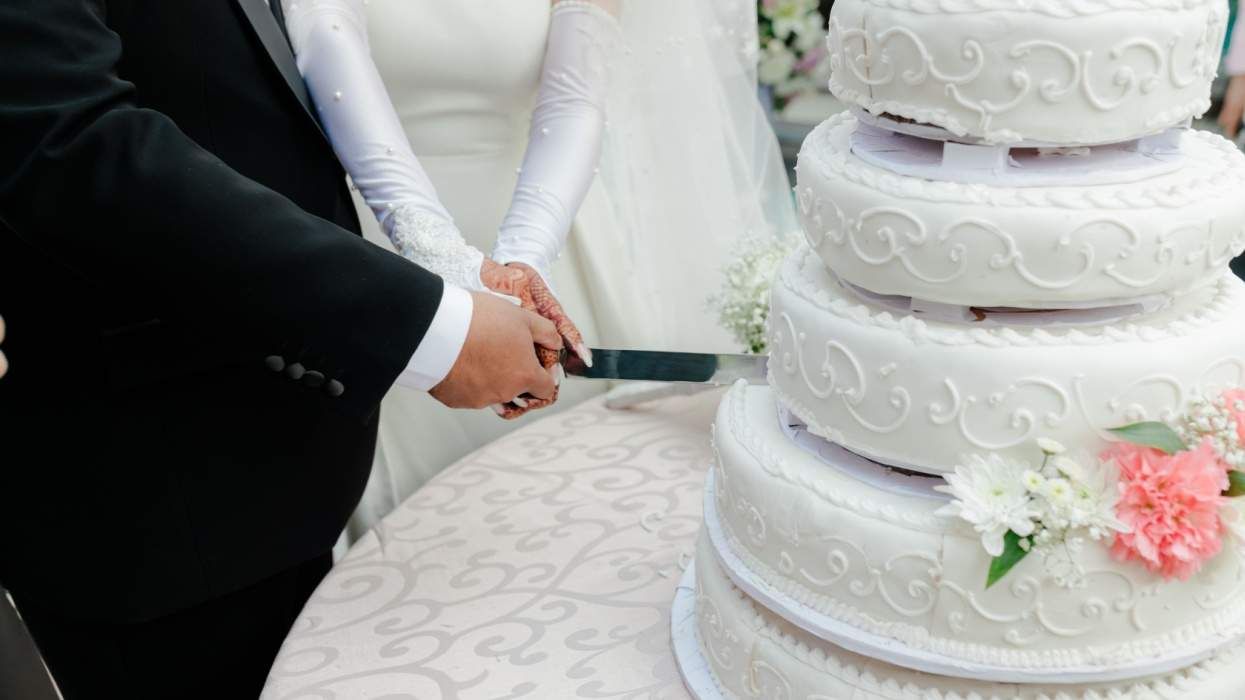
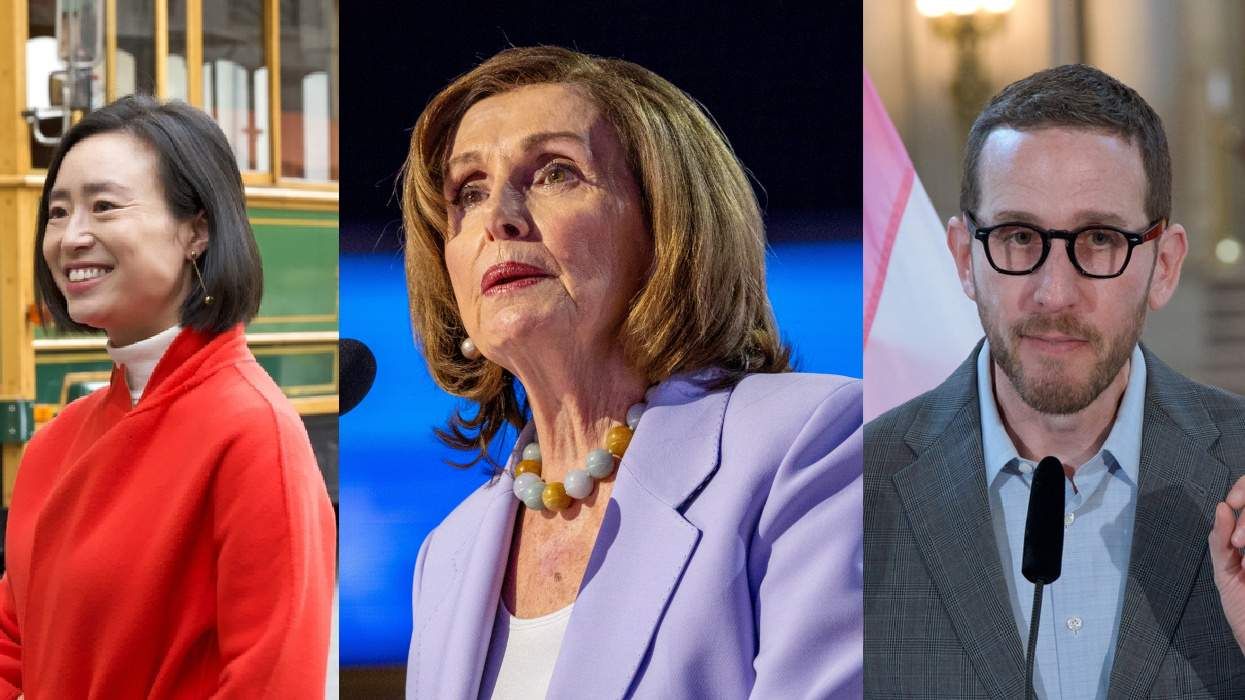
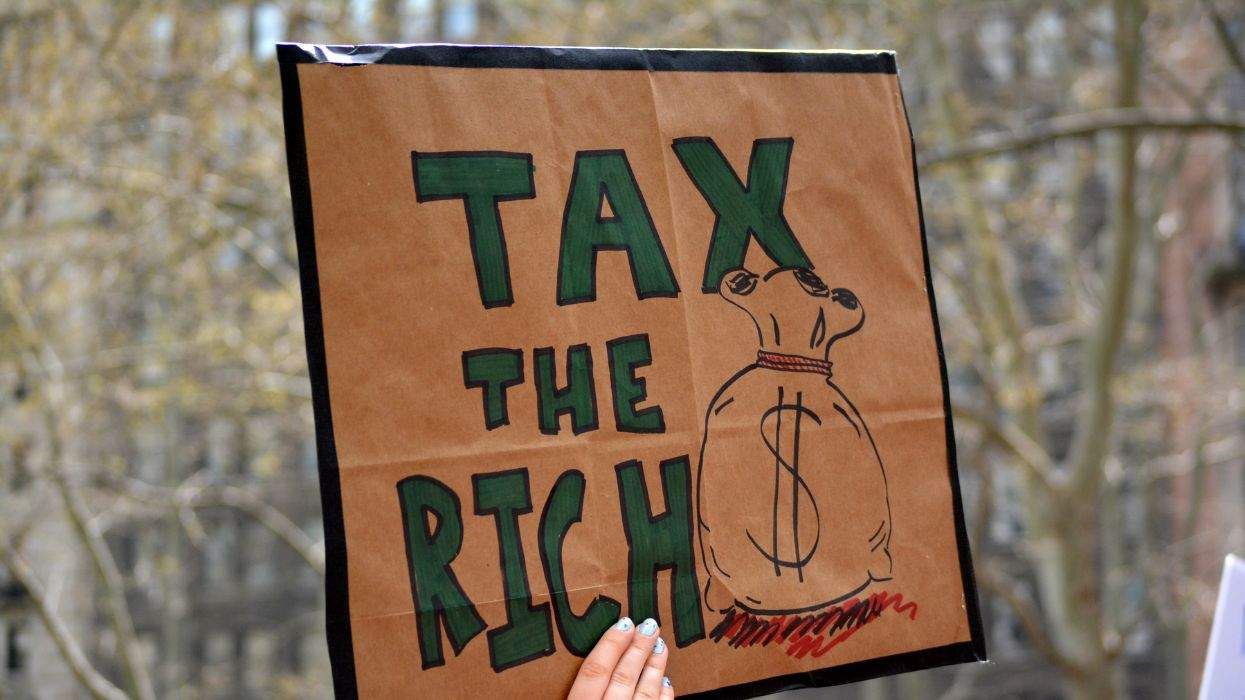
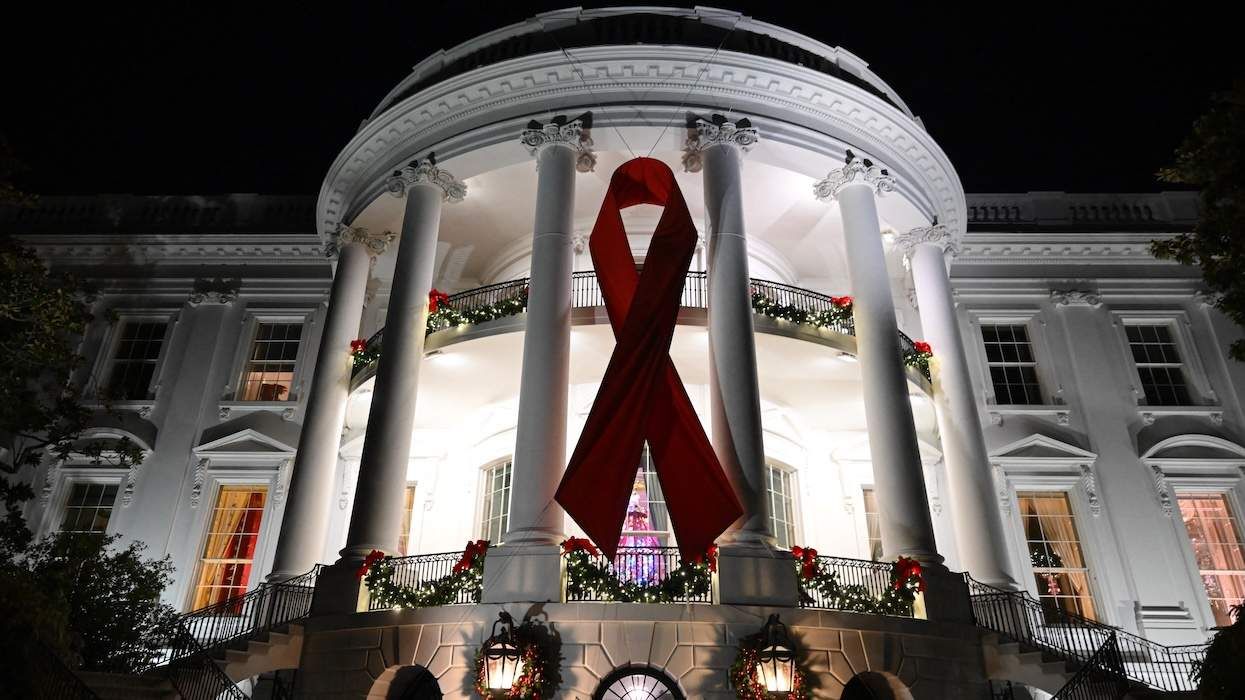
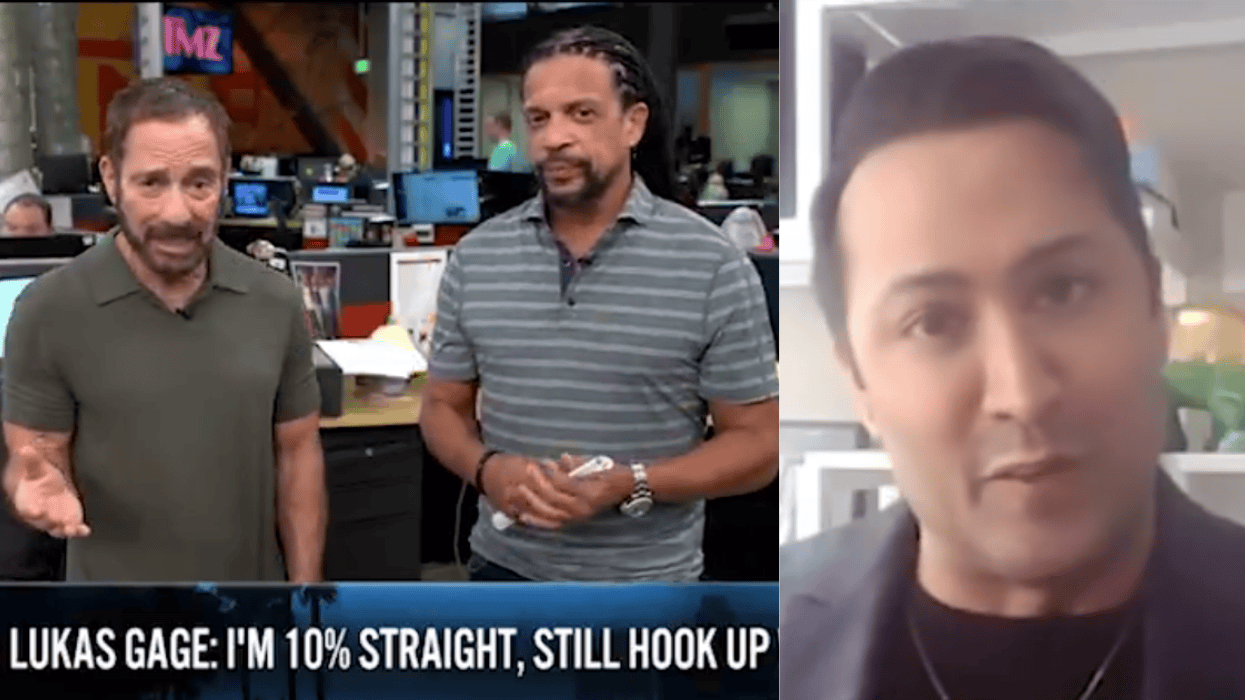
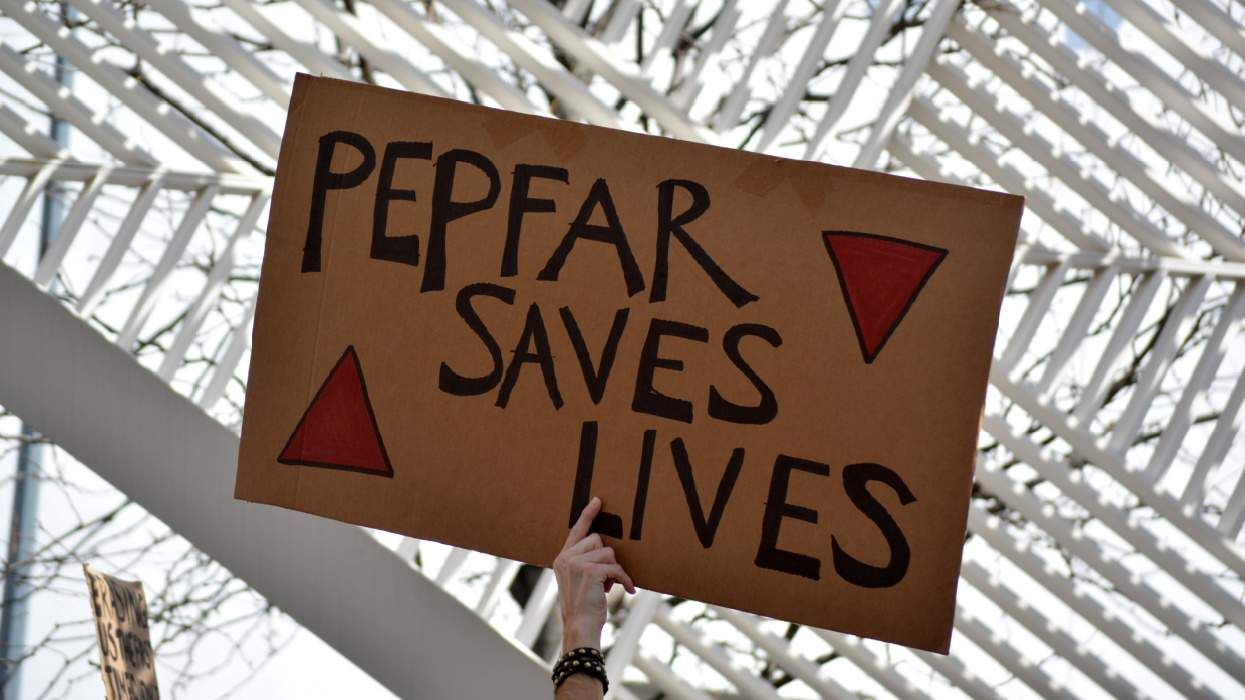
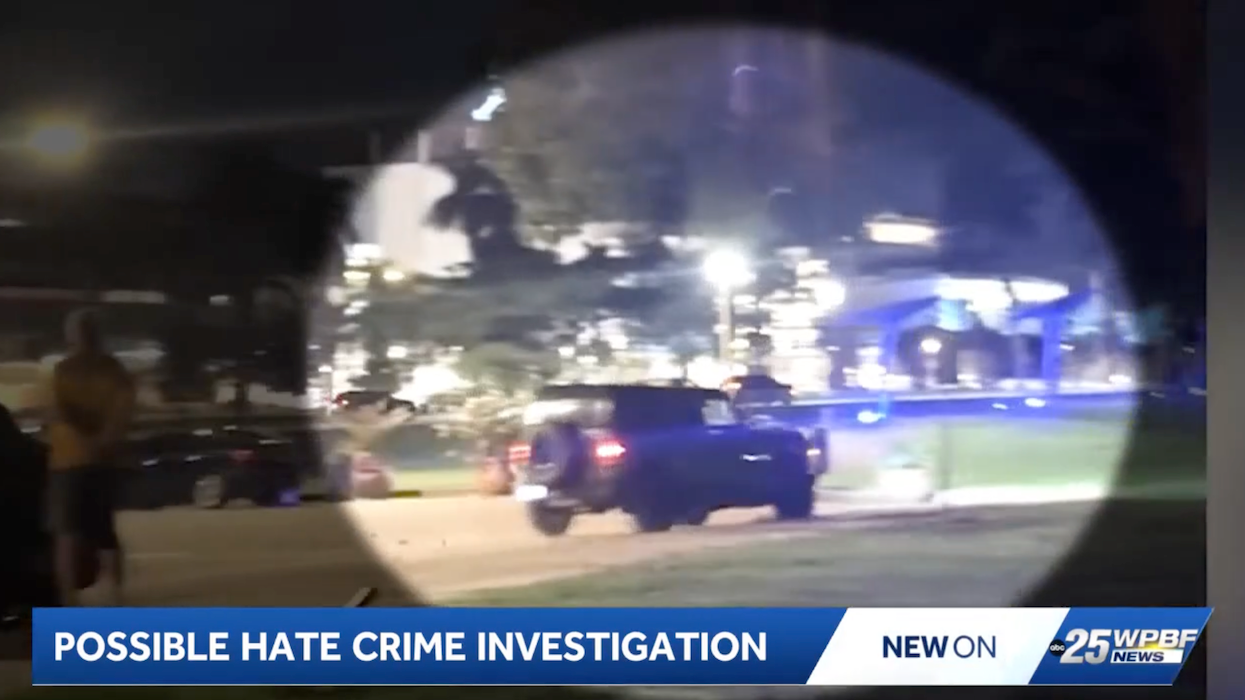
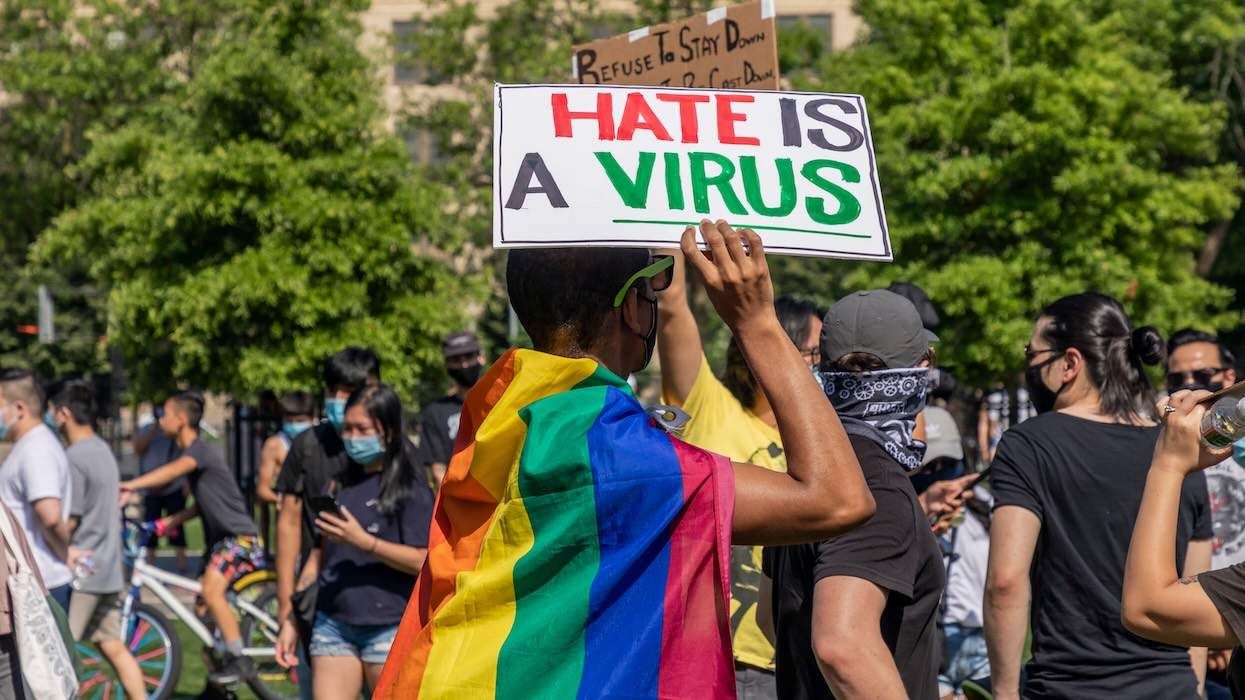



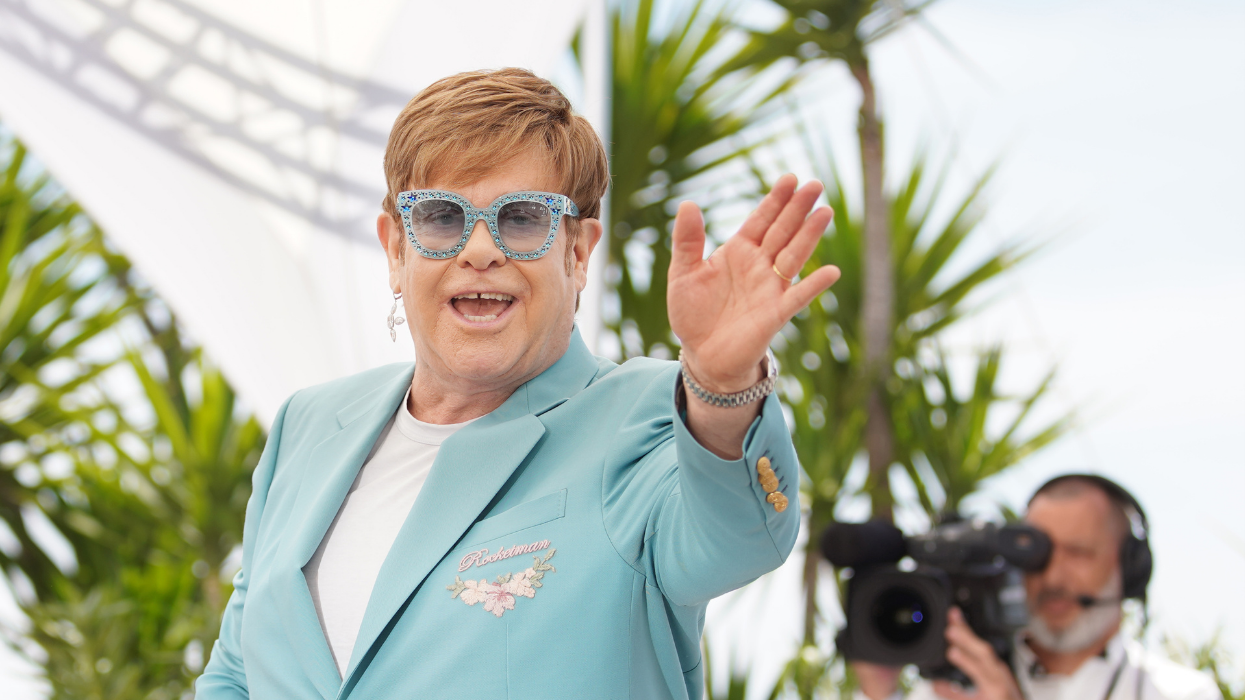
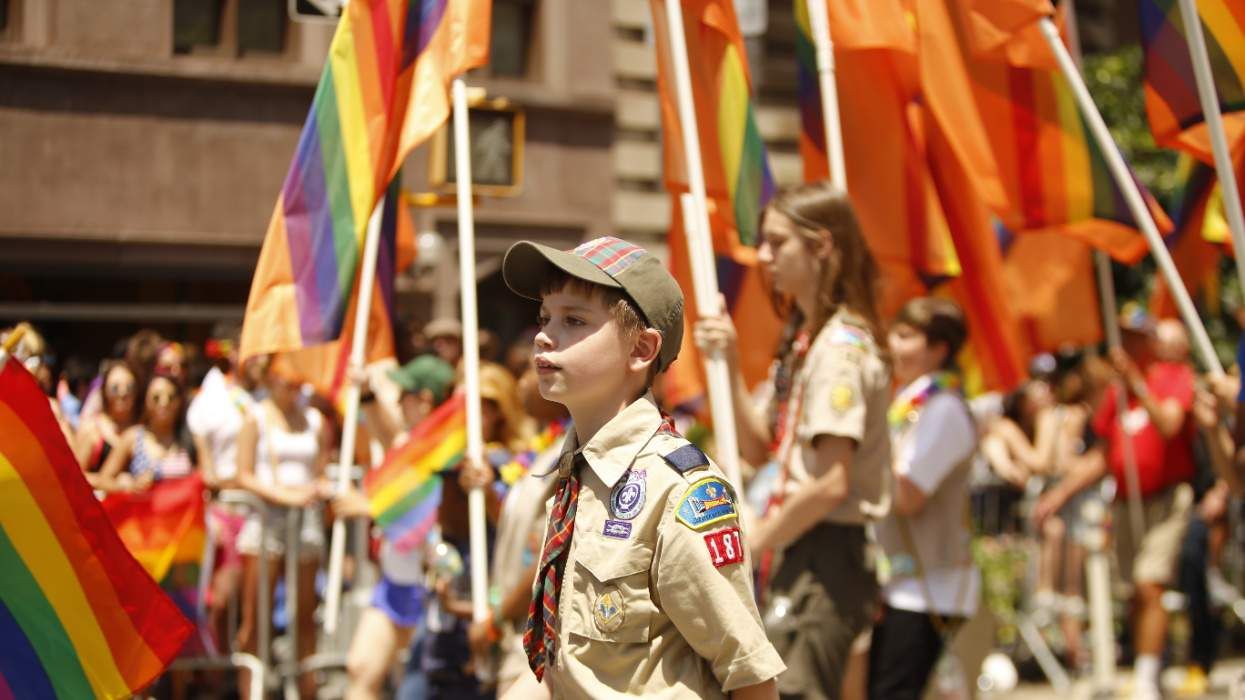
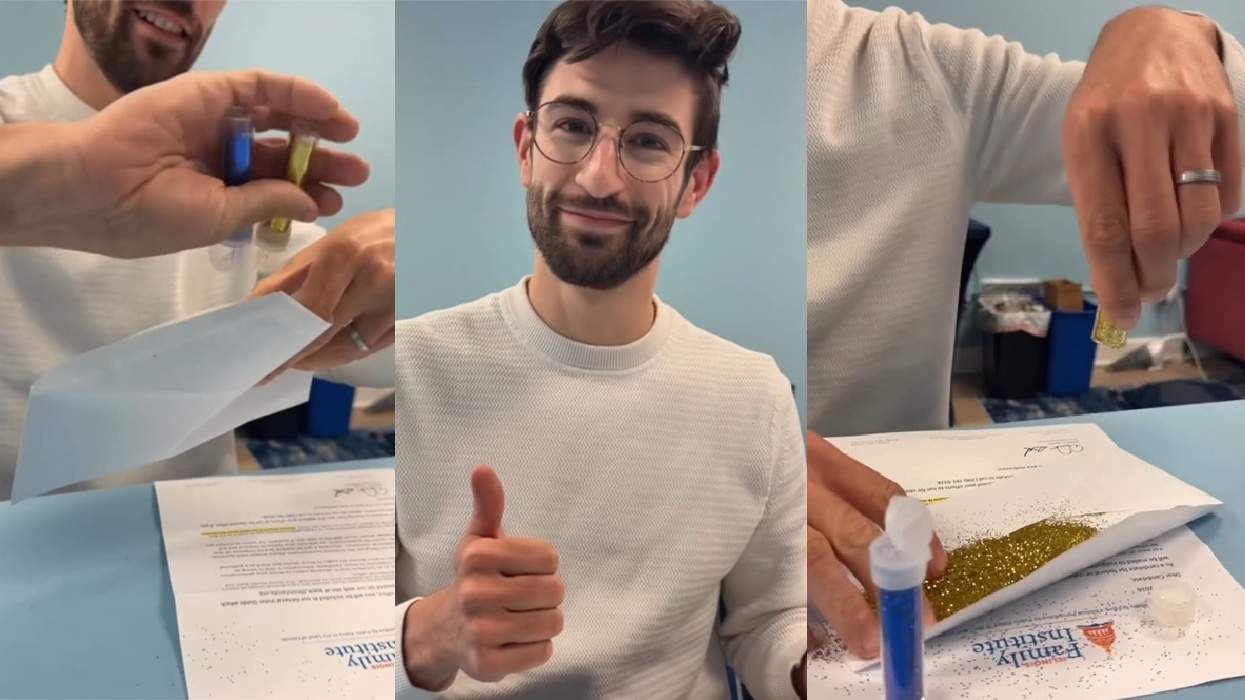
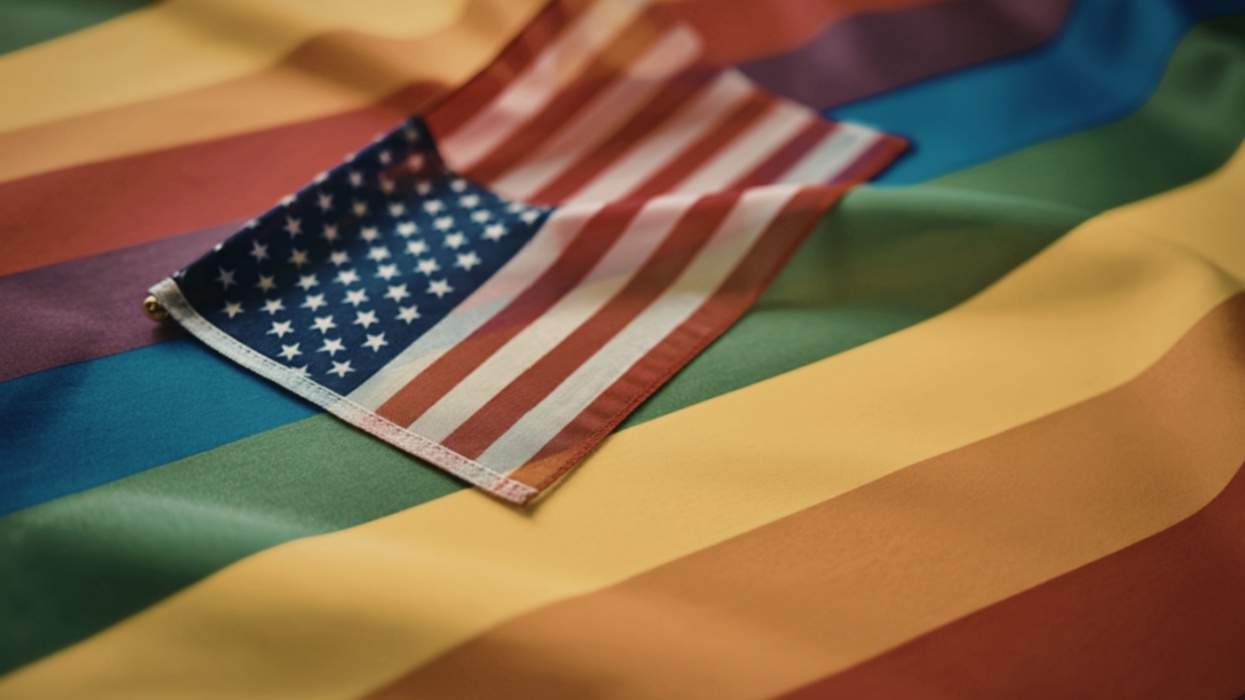
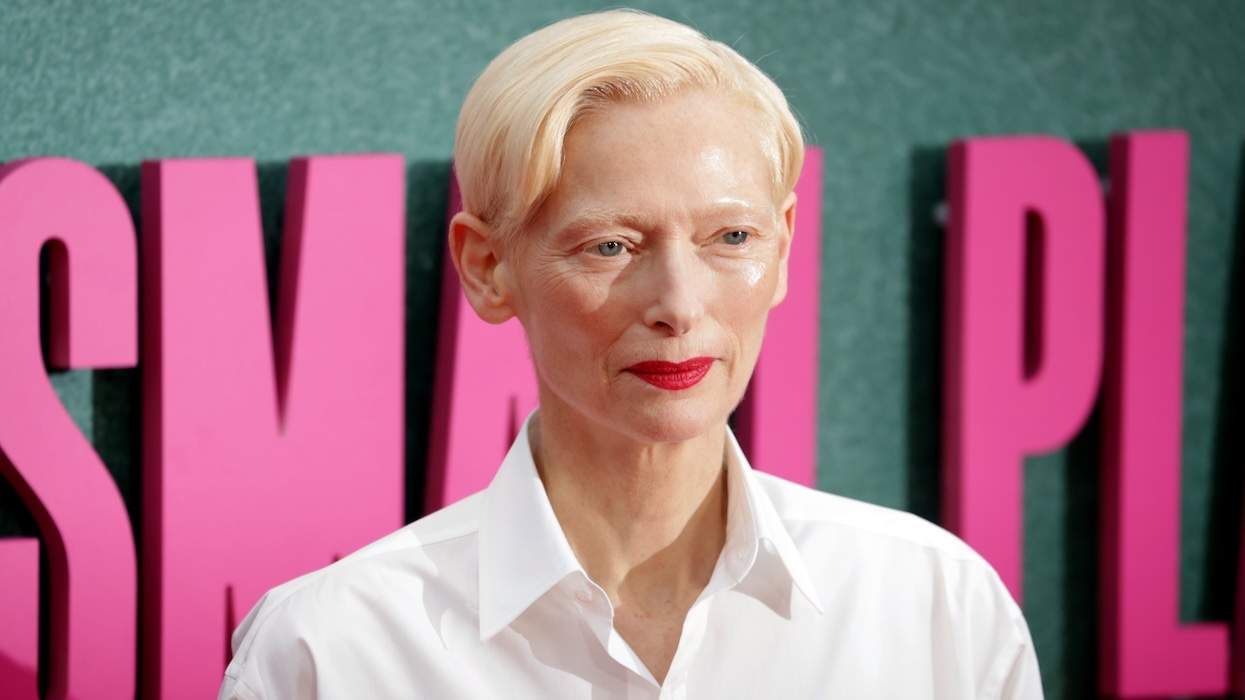
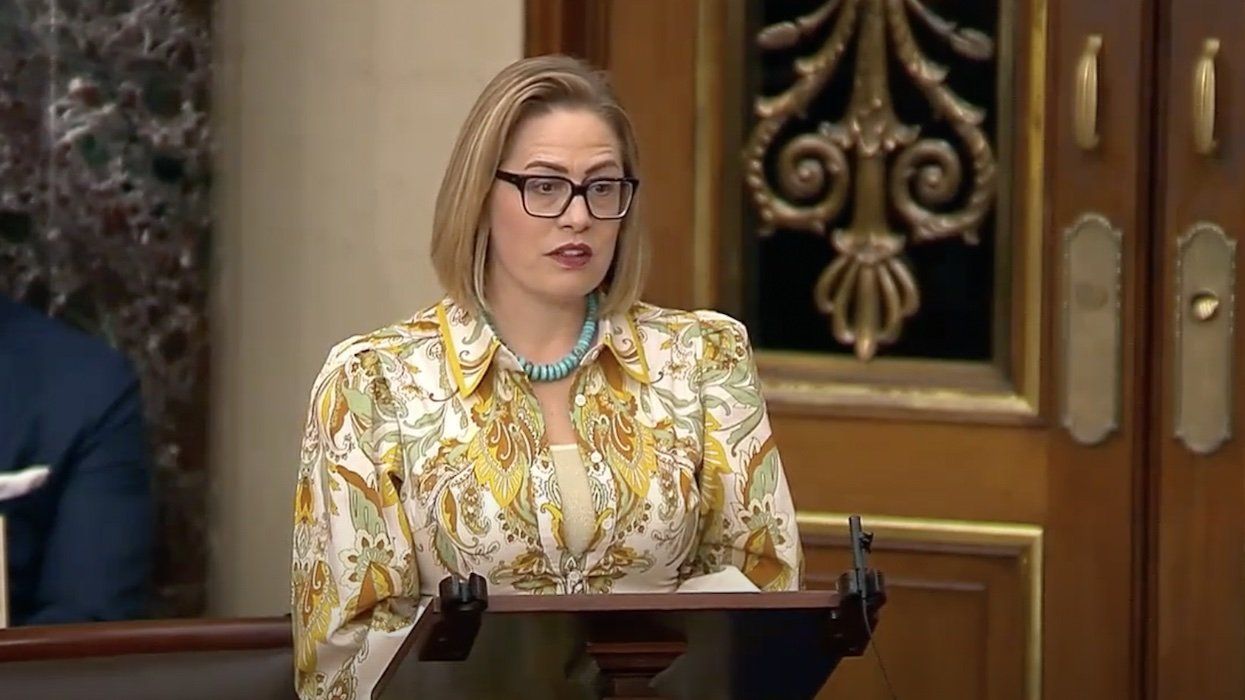
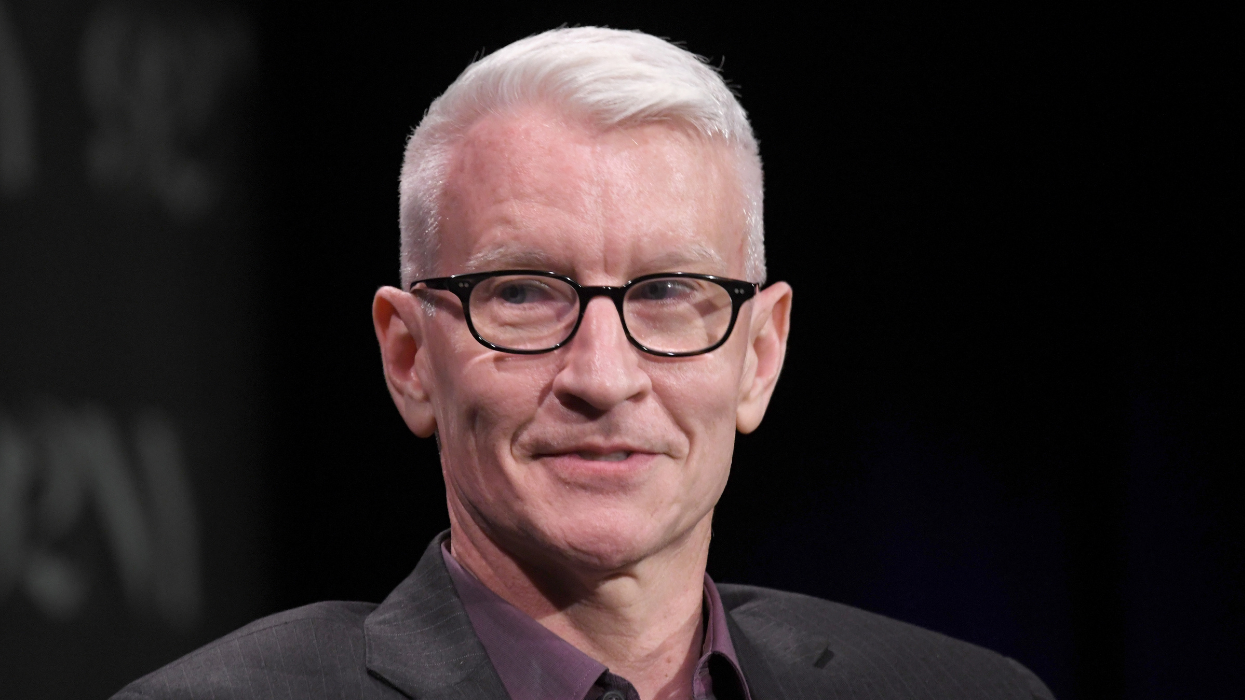
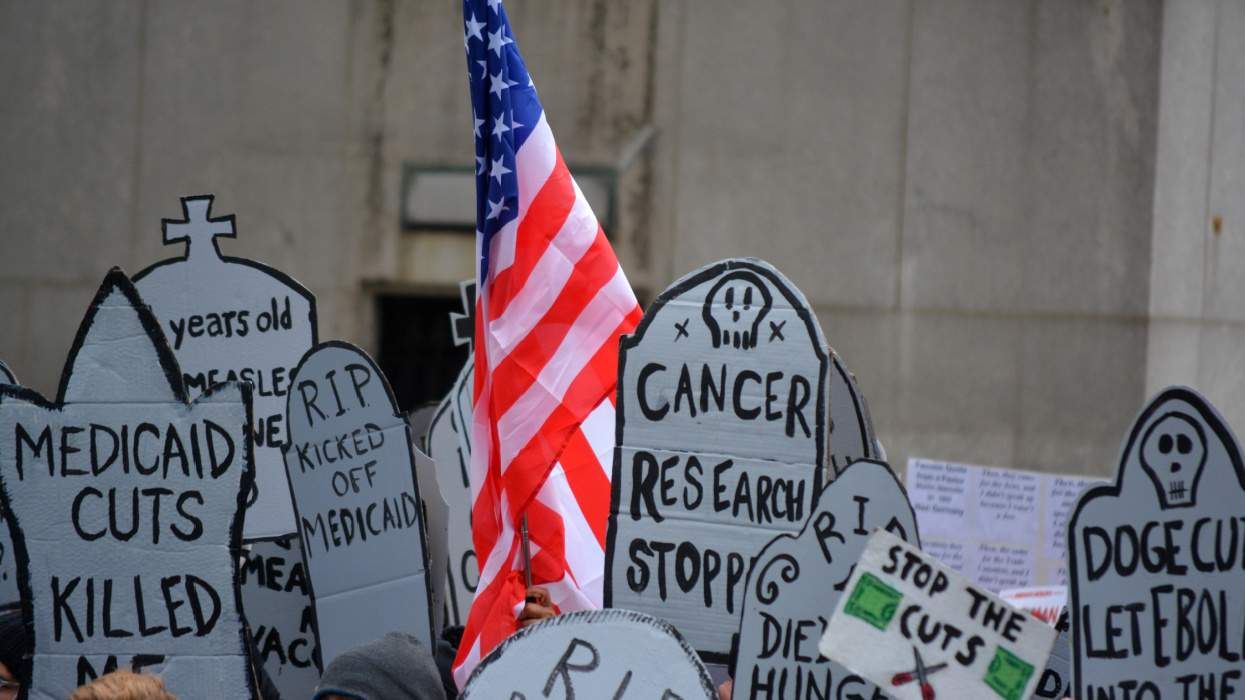
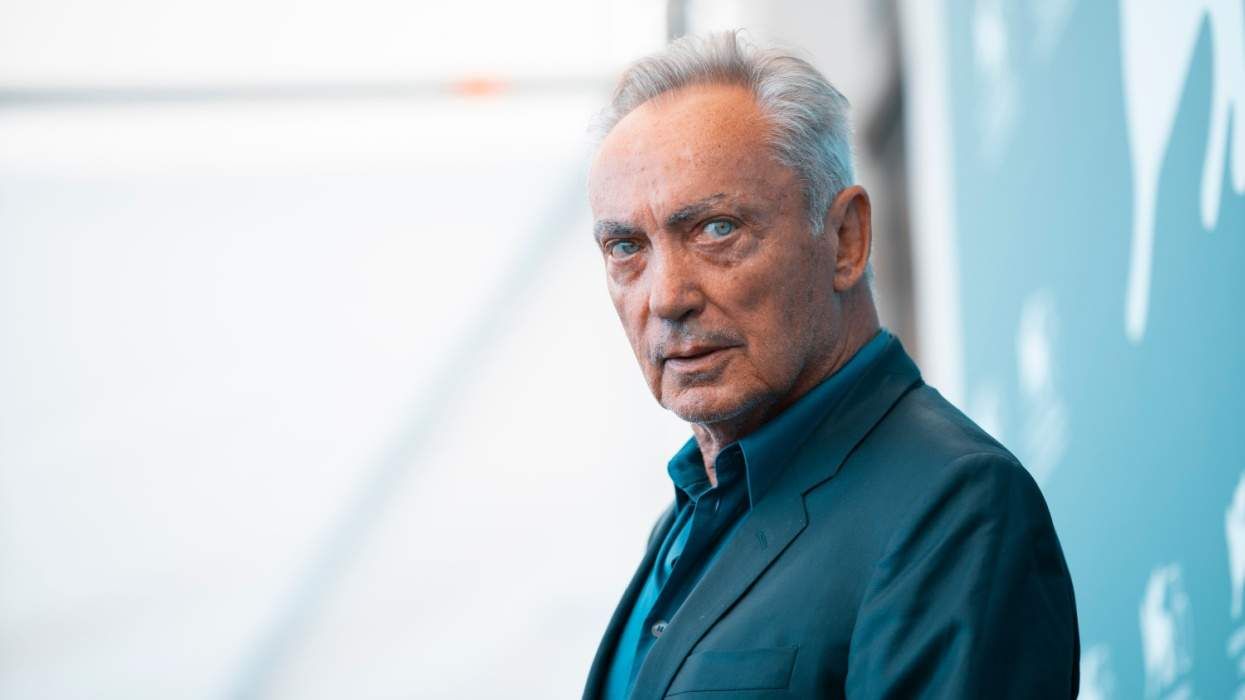
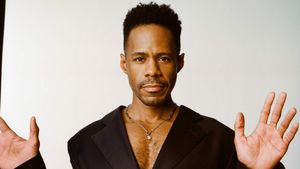



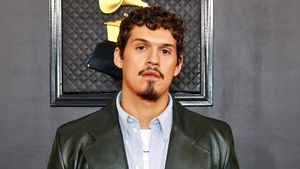




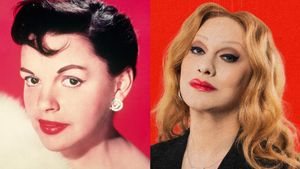






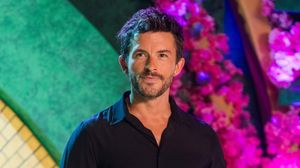




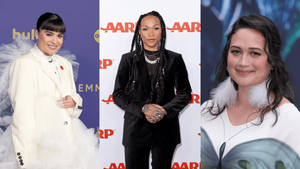






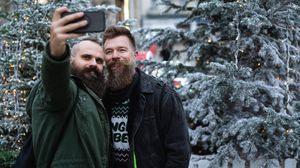

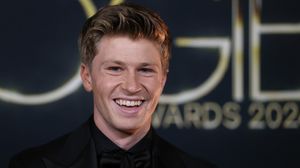










Charlie Kirk DID say stoning gay people was the 'perfect law' — and these other heinous quotes